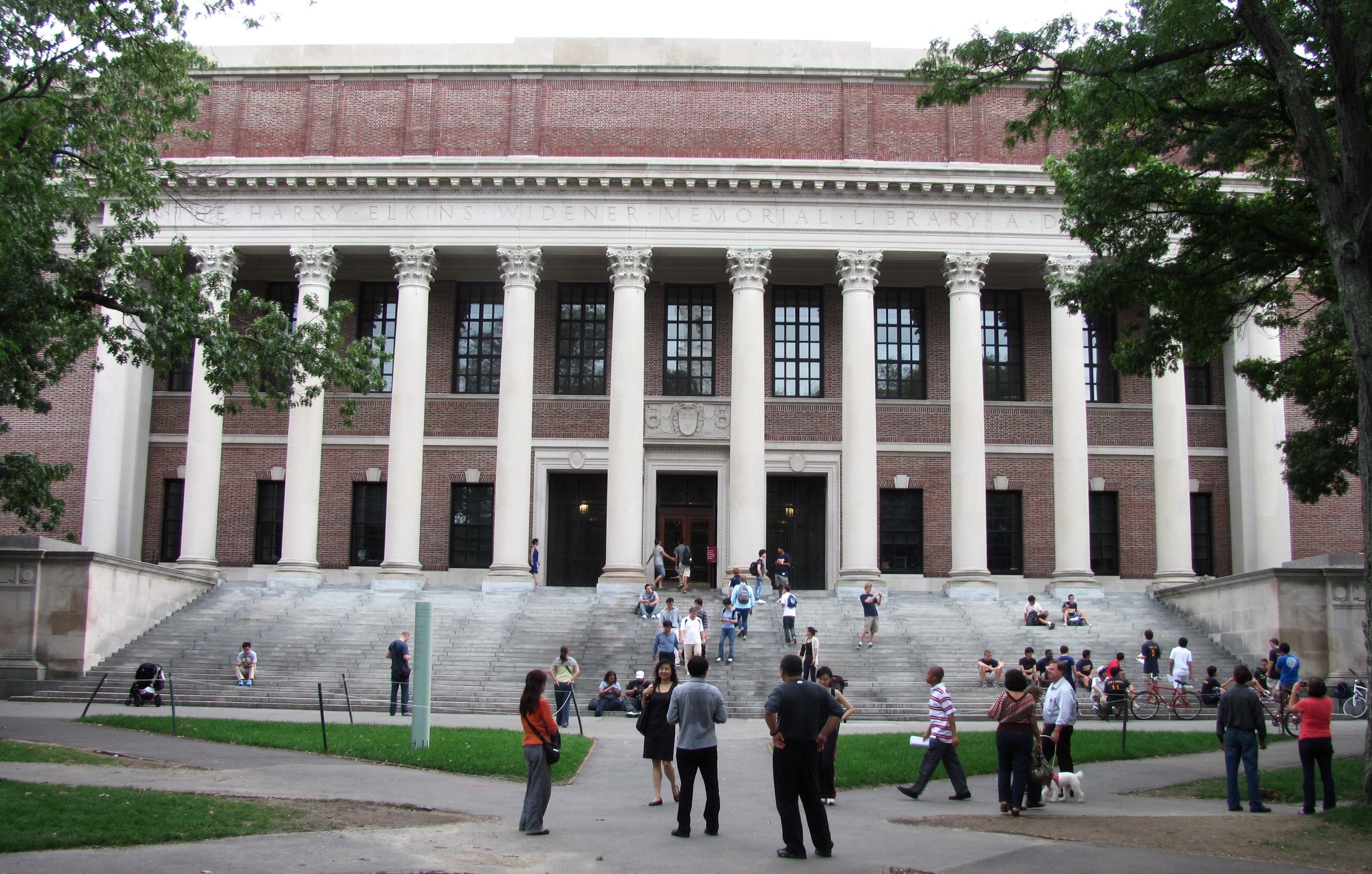Blocking International Students Is an Attack on America’s Future
On a short timeline, student immigration is not a national security issue. On a timeline measured in decades, it is.

Published by The Lawfare Institute
in Cooperation With

In 1981, Peter Tsai came to the U.S. from Taiwan on a student visa. After earning his doctorate, Tsai stayed in the U.S. and became a professor at the University of Tennessee, where he led the team that developed the electrostatic filtration that is the heart of every N95 mask. After a long career, Tsai recently “retired”—so now in the midst of the pandemic he just works up to 20 hours a day, mostly unpaid, validating techniques for sterilizing and reusing N95 masks, improving production technologies, and adapting production lines from other products to allow the U.S. to produce millions of more masks per day than the country otherwise could.
Four decades ago, the U.S. government’s decision to allow Peter Tsai to come to the U.S. wasn’t obviously critical to U.S. national security. Now it is hard to argue otherwise. So it is distressing that, in an act of calculated cruelty, the Trump administration has decided that the U.S. should exclude the future Peter Tsais or risk the health and lives of university communities.
Normally, students on visas need to attend most of their classes in person to prevent fraud by educational institutions. But this fall is not a normal semester.
Most colleges and universities understand that, in this pandemic, it is impossible to treat things as normal. Immigration and Customs Enforcement (ICE), apparently, does not. The agency recently announced new rules for visiting students to maintain visa eligibility—rules that seem calculated for maximum cruelty to both international students and university faculty, while simultaneously attacking one of the key pillars of long-term U.S. competitiveness.
Under the new rule, if a college or university decides to conduct classes only online, ICE will require all the international students enrolled at that school to leave the country. This means that all the brilliant international students at Harvard are supposed to leave, and many will probably never return. How many future Peter Tsais will be lost?
But even institutions offering a “hybrid” option, with both online and in-person classes, are in trouble. International students and universities will still be required to certify that “the student is not taking an entirely online course load this semester, and that the student is taking the minimum number of online classes required to make normal progress in their degree program” (emphasis added). In other words, schools can’t just offer one in-person class for international students to meet ICE’s requirements but, instead, need to provide a substantial amount of in-person education.
This policy will cause maximum disruption for both the international students themselves and the larger university. Schools are given a choice: Either the institution loses its international students (possibly forever) or it has to risk the health of faculty, staff and the broader community to offer a substantial amount of in-person education for those students.
The fatality risk from COVID-19 for most students themselves is low. But students could bring the coronavirus with them as they travel back to campuses for the fall semester. They will still get infected and still spread the virus to others, both in the university community—including faculty and staff who are older and more at-risk—and in the larger community. Some students will suffer significant complications, and others could die. Many will spread the disease further outward.
The administration’s policy concerning this deadly disease, which has already killed 130,000 Americans and is still killing 500 to 1,000 people a day in the United States, seems to be “get used to it.” ICE could have easily waived the in-person requirement for eligible institutions; in fact, it already did so for spring 2020 in response to the emergency posed by the pandemic. Yet it has not extended that waiver for the coming academic year.
Harvard and MIT just sued to block the rule, arguing that the administration’s decision is clearly a pretext—as Acting Deputy Secretary of Homeland Security Ken Cuccinelli already admitted—to force universities to open whether or not the administration, staff or faculty think it is safe to do so. In fact, the president himself has declared his policy is to demand reopening of schools while overriding safety considerations.
International students are a vital engine of the United States. The best and brightest from around the world come here, learn here and teach here—and the best of them stay here. They found companies, develop technologies and ensure that this nation really is a shining city on a hill.
On a short timeline, losing these students will make very little difference to the health of the nation. On a long timeline, it will prove critical. The presence of international students is one of the major drivers of U.S. competitiveness and often weakens its most significant competitors in the process. Every Chinese student who comes to America and stays is an asset the Chinese Communist Party no longer has.
I once wrote a green card letter in support of an Iranian student seeking to stay in the U.S. after the expiration of his student visa. In it, I came within a millimeter of writing, “It is in the U.S. strategic interest to deprive the Islamic Republic of Iran of as many talented people as possible.” I was serious: The student was a brilliant computer scientist, and keeping that student in the U.S. was one more pinprick wound in a campaign of pinpricks against Iran. Fortunately, I didn’t need to include that line: The student got a green card and is now a professor. The U.S. won and Iran lost.
If the ICE rule stands, the U.S. may not notice over the next decade that it has given up this powerful resource. After all, these are students who haven’t (yet) changed the world. But in the long run, it is impossible to see how this decision won’t be a win for China and Iran—and a loss for the United States.



.jpg?sfvrsn=676ddf0d_7)

